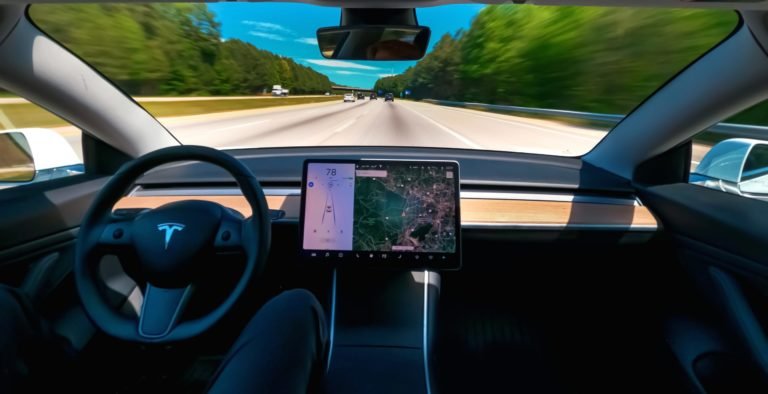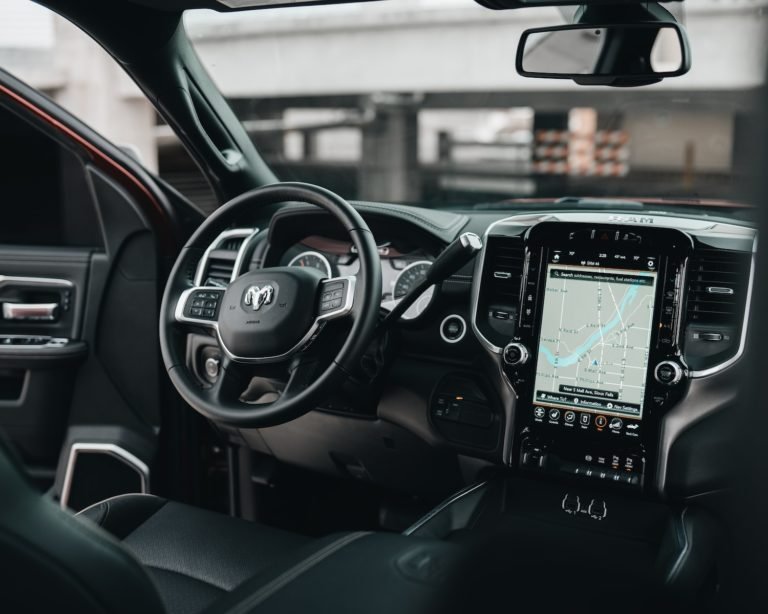How Your Car Could Be a National Security Threat
Modern cars are no longer just vehicles; they are advanced, internet-connected systems that collect and transmit vast amounts of data. This connectivity has raised concerns about the potential for cars to be used as tools for cyberattacks, espionage, or even as entry points for disrupting national infrastructure. Regardless of where they are made, connected cars can pose a threat to national security due to the wealth of personal and locational data they gather and their reliance on external networks for updates and functionality.
Hackers can exploit vulnerabilities in a car’s software to gain access to personal data, track movements, or take control of key systems. In extreme cases, these attacks could be leveraged by foreign actors to disrupt traffic systems, target specific individuals, or manipulate supply chains. As cars become increasingly integrated with smart infrastructure and IoT devices, the potential risks to national security grow.
Key Security Risks in Connected Cars
- Data Collection and Privacy: Modern cars collect large amounts of personal and location data, which could be exploited by malicious actors.
- Software Vulnerabilities: Hackers can take advantage of outdated or insecure software to access a vehicle’s systems and control functions.
- National Infrastructure Threat: A coordinated cyberattack on connected cars could disrupt critical infrastructure, such as traffic and supply chains.
The increasing integration of cars with digital infrastructure requires stronger cybersecurity measures to protect both individuals and national security. As technology advances, so must the defenses to prevent cars from becoming tools in cyber warfare.
Based on an article from: The Conversation.







